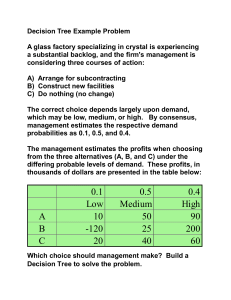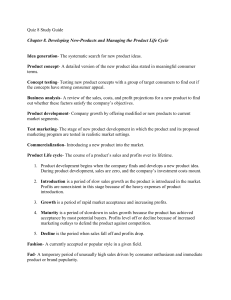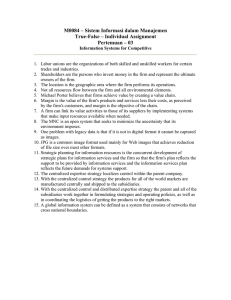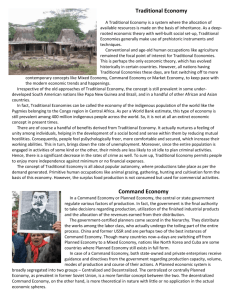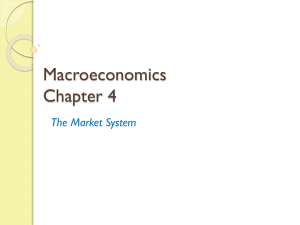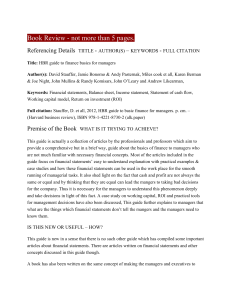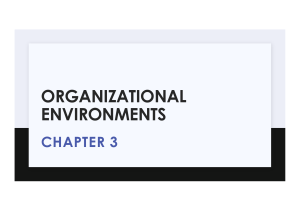Functional Structure
advertisement
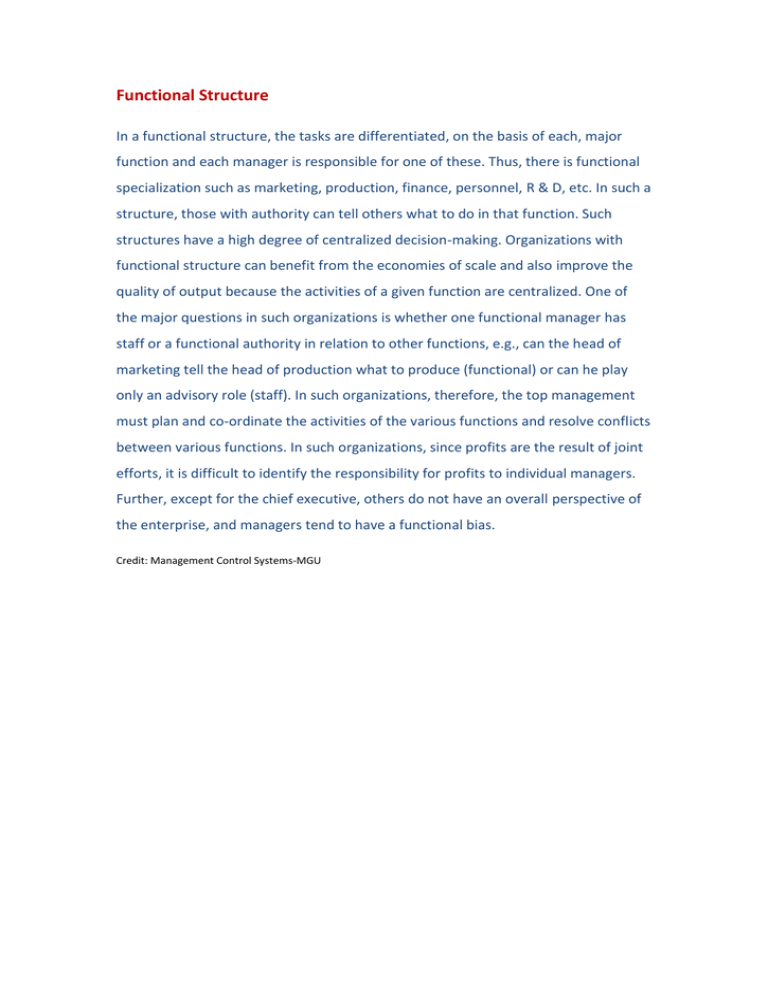
Functional Structure In a functional structure, the tasks are differentiated, on the basis of each, major function and each manager is responsible for one of these. Thus, there is functional specialization such as marketing, production, finance, personnel, R & D, etc. In such a structure, those with authority can tell others what to do in that function. Such structures have a high degree of centralized decision-making. Organizations with functional structure can benefit from the economies of scale and also improve the quality of output because the activities of a given function are centralized. One of the major questions in such organizations is whether one functional manager has staff or a functional authority in relation to other functions, e.g., can the head of marketing tell the head of production what to produce (functional) or can he play only an advisory role (staff). In such organizations, therefore, the top management must plan and co-ordinate the activities of the various functions and resolve conflicts between various functions. In such organizations, since profits are the result of joint efforts, it is difficult to identify the responsibility for profits to individual managers. Further, except for the chief executive, others do not have an overall perspective of the enterprise, and managers tend to have a functional bias. Credit: Management Control Systems-MGU

